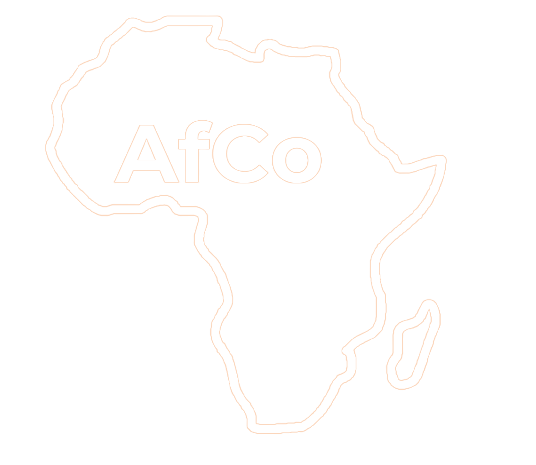“To the shepherd’s behaviour, sheep’s answer”?
In October 2014, a popular uprising toppled the regime of Blaise Compaoré, president of Burkina Faso for the past 27 years. Many analyses have highlighted the role played by civil society organizations, opposition parties and unions in this event. For some observers, internal tension and divisions within the presidential party were a major cause of the President’s demise. Our observations in the field lead us to explore a dimension that appears to have been partially overlooked in other analyses. Indeed, this article shows how the event fits into the context of a slow, popular re-appropriation of a national ethos and ethics – that of being “Burkinabè” or an “honest man”. It shows how this national myth was transformed from below into a language and means for political action.
Keywords
- Burkina Faso
- mobilization
- civil society
- popular uprising
- nation
- imagined community
- moral economy
